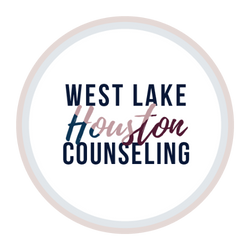Affirming, competent mental health therapists are available to support and help you heal.
Here are some helpful tips to consider when finding an affirming therapist.
The LGBTQIA+ community encounters stressors that negatively affect their physical and mental well-being. Some of these stressors include rejection, discrimination, violence, unaffirming spaces and/or providers, and health care disparities. These experiences can be traumatic, and lead to feelings of anxiety, fear, helplessness, discouragement, or mistrust. Internal and/or external stressors coupled with trauma can feel overwhelming and as if there is no way out. Affirming, competent mental health therapists are available to support and help you heal.
Mental health therapists have varying levels of expertise and utilize a range of treatment modalities. They can help you in areas such as identity exploration, coming out, gender transition, trauma recovery, stress management, and skill building. Looking for a therapist may seem daunting, so here are some helpful tips to consider when conducting your search.


Choose the Right Fit. Once you have completed your search, take the time to compare the therapists whom you spoke with. Trust your intuition. If you later learn you are not connecting well with a therapist, let them know. They can adjust their therapeutic approach to fit your needs and concerns. If that does not work, then it is okay to terminate services. They will gladly assist and connect you with another provider who might be a better fit for you.
Affirming therapists are out there to help you begin the healing process. It might take a while to find a match, just remember to be patient and trust yourself and the process. You will be on your therapy journey before you know it!


I help high achieving adult children of dysfunctional families address and deal with present issues caused by unresolved trauma, substance abuse, parental narcissism, and mental illness.